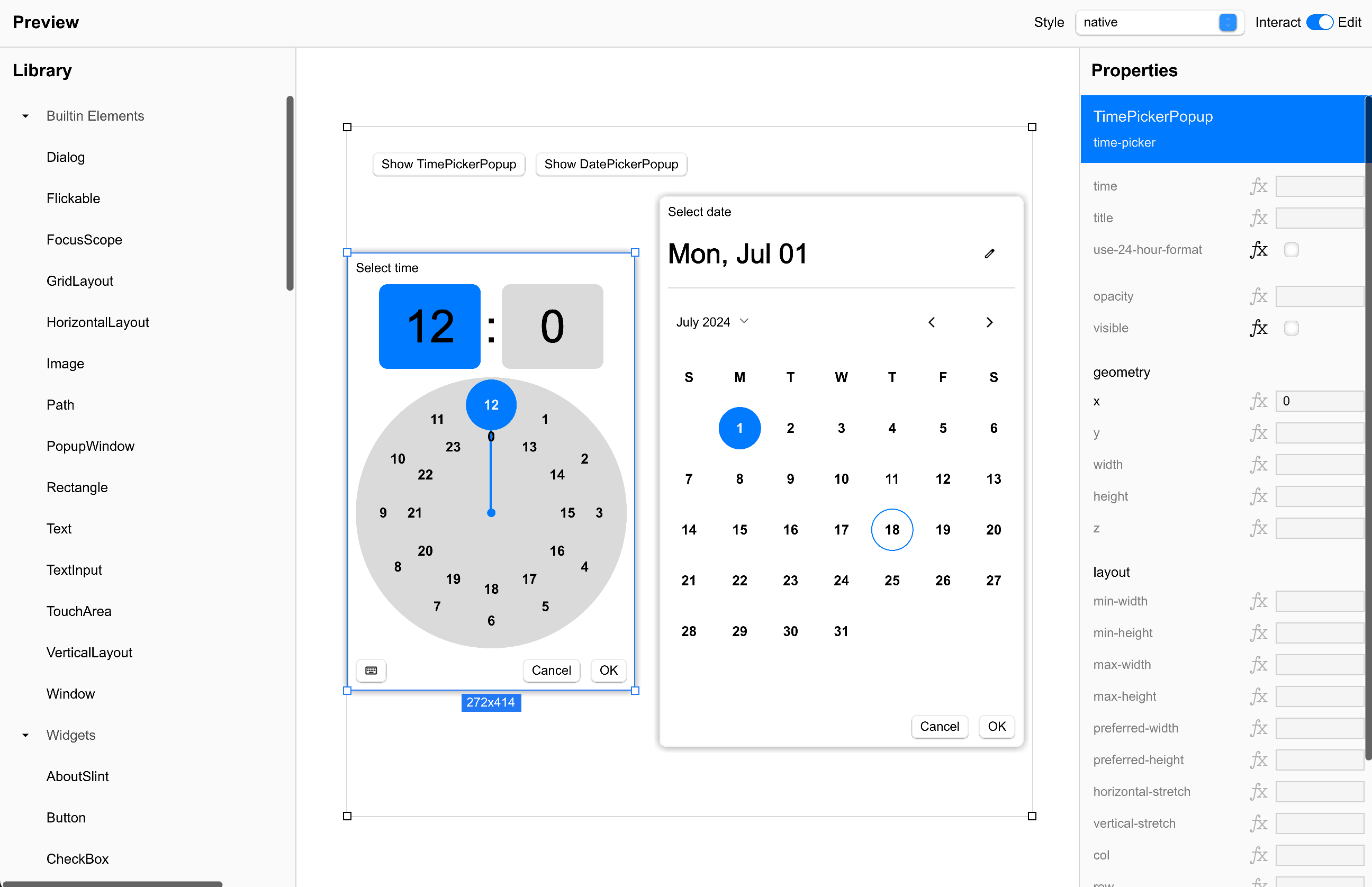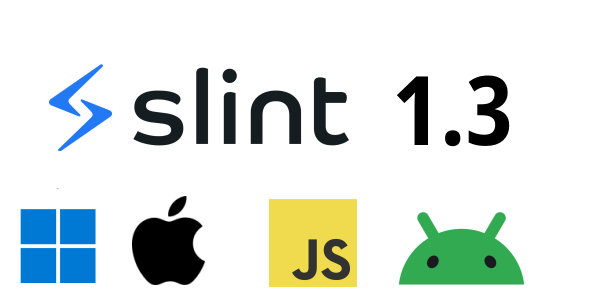

If you find a reliable way to allow for people to use data without being able to copy it: Patent it right away, the entertainment industry will be paying big time for it.
Same for erasing the laptop: You can only erase something as long as you can talk to the machine in some way to instruct it to clean itself up. The guy with the machine in hand can just turn off wifi to stop it from receiving the message…




As a user I definitely want flatpaks and use them over distribution packages whereever possible. First I can sandbox the flatpak, but not the native package. Why would my browser need to be able to read my ssh keys?
Secondly I just have seen too many distro packagers sabotaging packages in the most braindead ways possible. Debian removing almost all the random data during key generation because some static analysis tool did not like the code. To this day there are servers using one of the 32k keys debian could produce during that time (they are of course all brute forced by now). Fedora removing Codecs from a video encoder, dependencies that upstream knows are broken and listsmas such in its documentation being used anyway. Random patches being applied, or versions years out of date getting shipped…